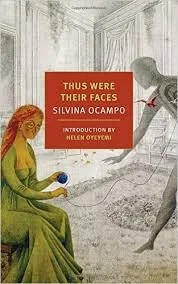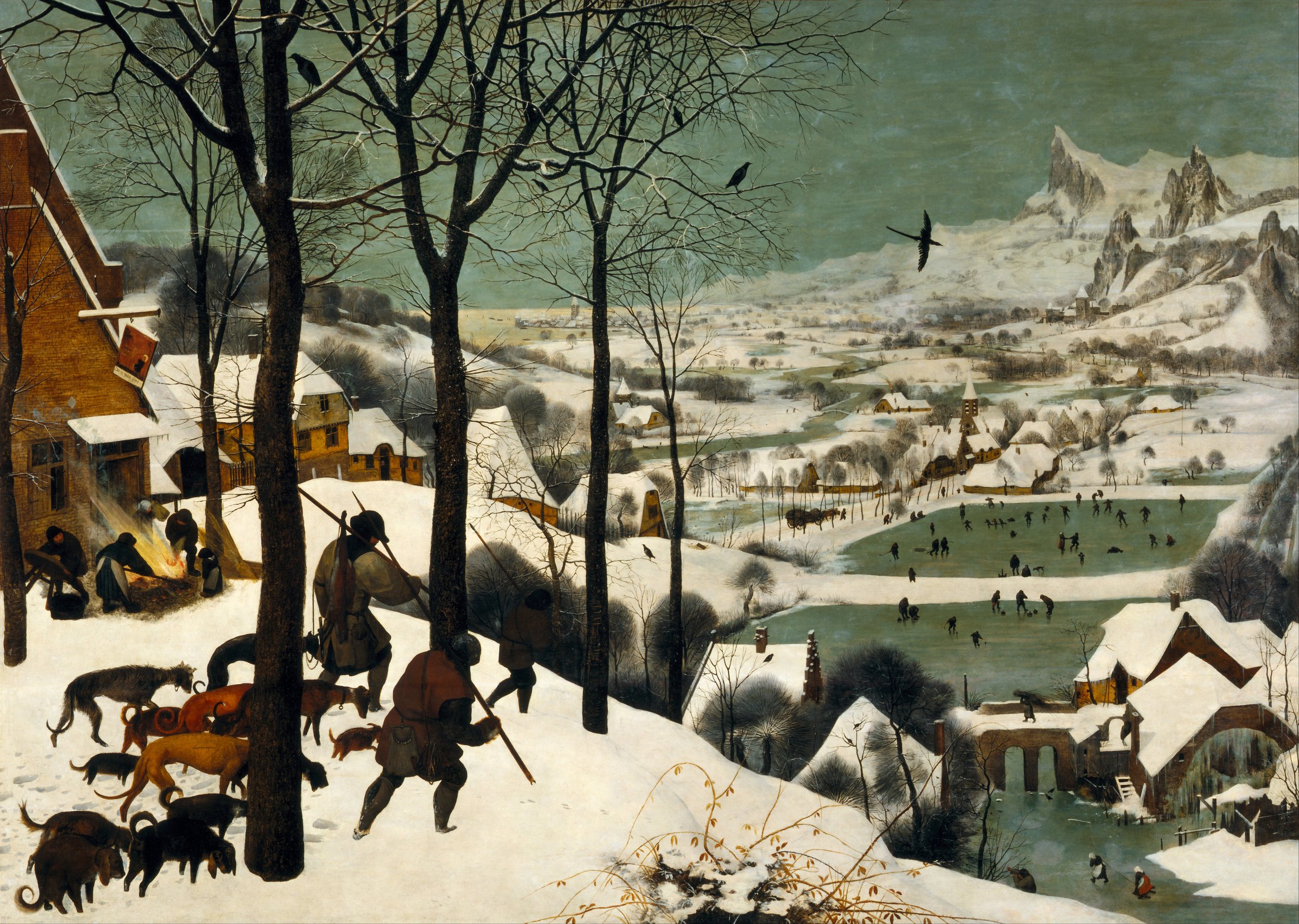Disclosure: I am an affiliate of Bookshop.org and I will earn a commission if you click through and make a purchase.
ocampo
Silvina Ocampo, an Argentine author who was a contemporary of Borges, writes with a strangeness that alternates between a delicious sensuality and a deep, deep creepiness. For my second Women In Translation Month installment, I decided to tackle "The Imposter" in her posthumous collection Thus Were Their Faces, translated by Daniel Balderston. In this novella from 1948, Luis Maidaina is a young man who sets off from Buenos Aires to the more-or-less abandoned Swans Ranch taken up by another young man, Armando Heredia, who is troubled. Luis is to pretend to befriend Armando and keep an eye on him, reporting back to Armando's father, who owns the ranch and is a friend of Luis's father.
The train ride from the city to the country is ripe with color and texture: "The burning light of day was resting in all its blue brilliance on the glass, on the metal handles, on the motionless fans, on the leather seats." A woman in white muslin covering "voluminous breasts," daintily eating alfajores with her daughter, asks Luis about his destination and seems to know of the Heredia family as well as well Luis's father. The town where Luis must debark is her hometown, Cacharí, apparently haunted by "a terrible Indian chief" murdered by the army a century ago, who for three days and nights yelled "Cacharí! Cacharí! Cacharí!" as he died and no one dared approach him. The woman continues: "They say that even today, when the wind blows at midnight in the winter, you can hear Cacharí's cry." She warns that the Swans Ranch is infested with bats and frogs and that Armando burned his horse's eyes out with "Turkish cigarettes" because it disobeyed. Meanwhile, "the horizon made the sun look squat and almost purple" and they pass "an endless lagoon in which some sleepy flamingos were resting like flowers" and later "a llama and...rhea lit up by the monstrous light of the train."
The woman's gossipy warnings set the tone for the remainder the story. Off the train a "hoarse" ranch hand who picks Luis up recalls Cacharí. In the landscape bird cries also recall that slain chief. The house is dark, dusty, leaky, crumbling. The heavy wooden furniture is adorned with mermaid tails. Armando tells Luis the Swans Ranch has no swans--his grandfather had them all killed when his Aunt Celina, swimming in their lagoon, fell ill and eventually died. After that, the family left the ranch to decay.
Despite Armando clearly posing a danger, Luis grows close to him. They talk about dreams--Armando doesn't dream while Luis has many dreams which trouble is waking life with serious bouts of déjà vu. Armando claims he would commit a crime just to dream, that a lack of dreams feels like a lack of memory. Luis tries to uncover whether Armando has a girlfriend, whether that girlfriend really exists (or has been dead for four years), and whether to write to Armando's father for help. Each time Armando suspects Luis of spying, he threatens to kill him. And Luis worries if he tries to escape the ranch, he will also be killed.
The story is rife with birds, strange dogs and cats, abandoned rotting spaces, and talk of tigers, doppelgängers, and frightening mirrors. The questioning of reality, memory, and imagination builds more and more, taking the story into the realm of the truly fantastic (at least, by Todorov's definition)--where reader and character alike question reality.
Italo Calvino wrote that Ocampo "captures the magic inside everyday rituals, the forbidden or hidden face that our mirrors don't show us" better than anyone. Borges said "her stories have no equal in our literature." I can't wait to devour the rest of this collection and I hope if Calvino and Borges are up your alley, you'll read up all of Ocampo too.
You can purchase Thus Were Their Faces here.


 Pieter Bruegel the Elder - Hunters in the Snow (Winter) - 1565
Pieter Bruegel the Elder - Hunters in the Snow (Winter) - 1565